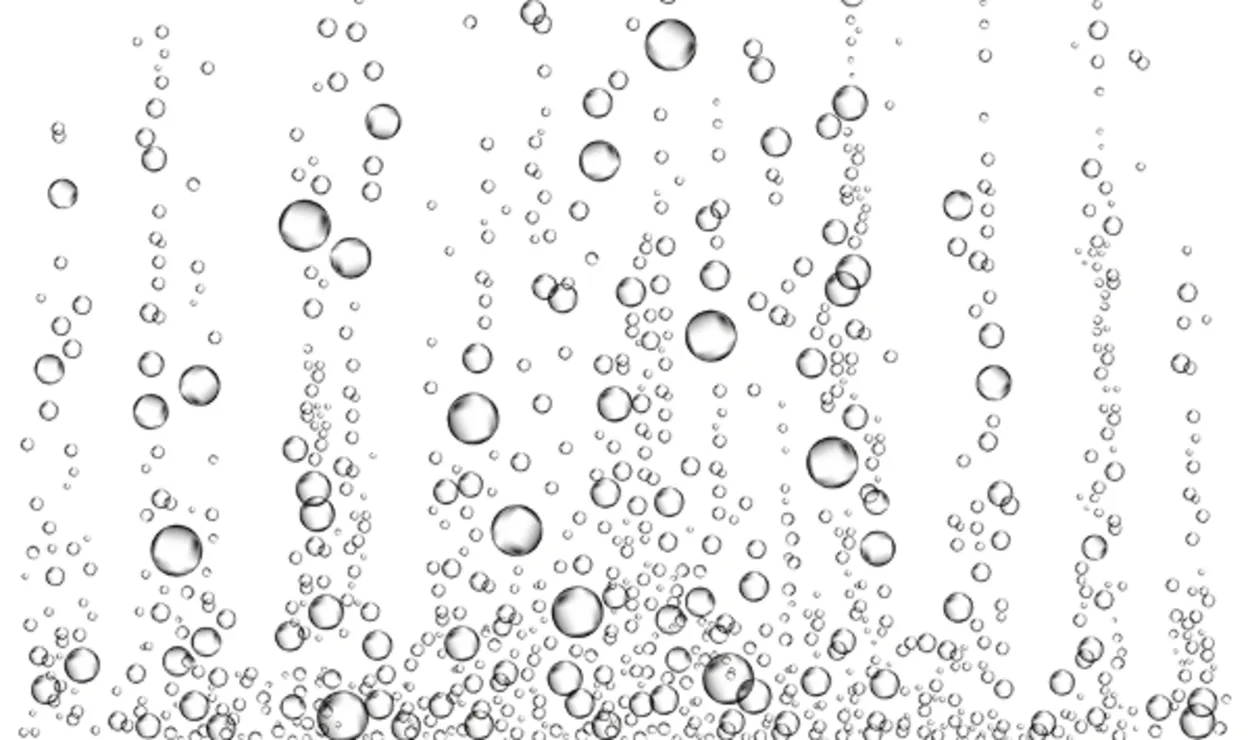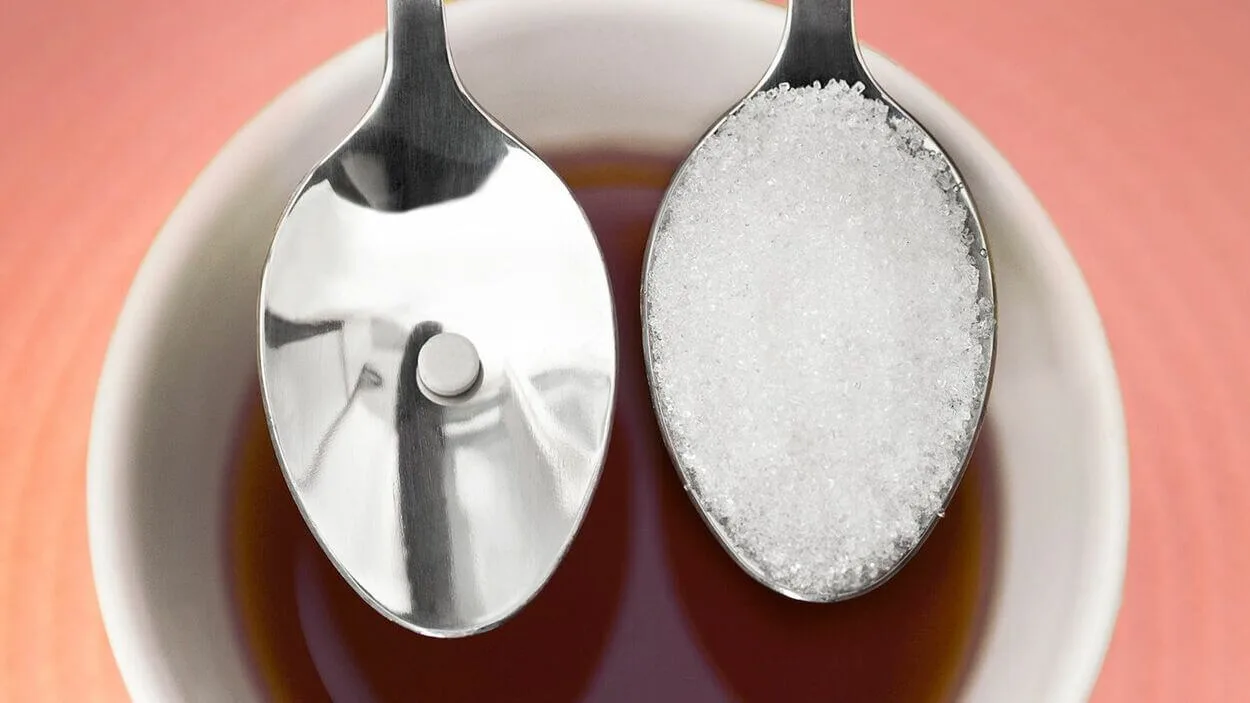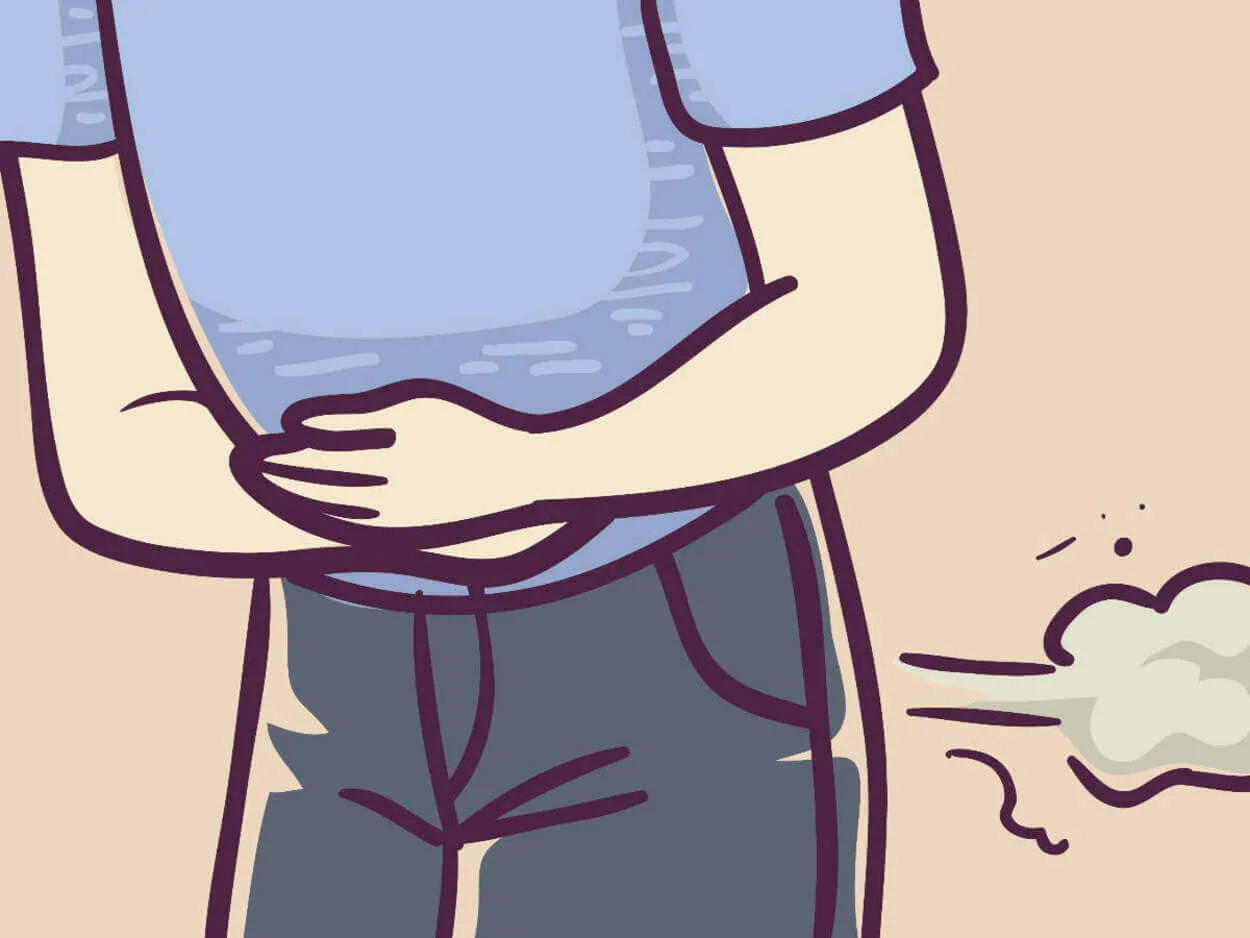Everybody has gone through periods of “gassiness” in their lives. Some individuals link gas to tummy pain while others link it to burping.
Short Answer: The caffeine in energy drinks can lead to a buildup of gas, which can result in a burp.
These regular biological processes are connected to the transport of gas through the GI tract. Numerous factors, such as your food, certain drinks, or a medical condition, might contribute to gas.
If you have gas, it can be difficult to eat and drink. To prevent your condition from getting worse, it’s essential to learn what to avoid and what to keep on hand, especially if you enjoy a range of beverages.
Stay tuned to learn which energy drinks are suitable for people who experience gassiness or if you take caffeine casually and who also enjoy energy drinks.
Page Contents
Causes Of Burping
Belching, commonly referred to as burping or eructation, releases air to relieve constriction.

Belching or burping is the term for the process of forcing air from the stomach through the mouth. It typically happens as a result of swallowing too much air, which causes the stomach to distend or enlarge.
Burping occurs when air that has been swallowed fills the stomach.
There are many reasons why one might consume more air than usual. Most often causes are given below:
- Consuming food or liquids too fast
- Consuming carbonated liquids
- Anxiety
What Components Of Energy Drinks Make You Gassy?
You may be wondering which components in energy drinks could give you gastric issues. Here is a quick summary.
Carbonation In Energy Drinks And Its Effect
Your favorite market-leading beverages have a high level of carbonation, which can cause your digestive system to become uncomfortable. It’s uncommon to get an energy drink without some fizz.

Bloating and gas sensations are more likely to occur after consuming a carbonated beverage. Any carbonated beverage, including soda, energy drinks, alcohol, and seltzer water, can be used for this.
Carbonated beverages will immediately make you feel queasy. Additionally, carbonated beverages raise the possibility of gas building up in your stomach, which could become extremely unpleasant.
Only switching to powdered supplements without fizz can help these stomach issues.
Gas gets caught in the stomach when we drink carbonated drinks as carbonation comes from gas blended with water. Just like carbonation, sugar also triggers gas production. In fact, they both cause the same kind of gas—sugary fizzy bubbles—to come up through your throat and mouth.
So, if you’re drinking one of these after-dinner beverages to give yourself a little pick-me-up or jumpstart your day, you may be causing yourself some discomfort by consuming something so sugary before bedtime!
Caffeine In Energy Drinks
The amount of acid in the intestines rises due to the caffeine content in beverages. This might stimulate your digestive system, which could result in gas and bloating in your abdomen.

There is insufficient evidence to conclude that caffeine and symptoms of gas are related; additionally, a study did not discover a connection between coffee and dyspepsia.
Bloating, gas and other symptoms of this condition are accompanied by indications of dehydration. It is impossible to reach any judgments due to a lack of knowledge.
Many people consume caffeinated drinks daily without realizing the risks. The FDA requires a 400mg daily cap on caffeine consumption.
The following signs might appear if you take a greater dose:
- Dehydration
- Headache
- Anxiety
- Nausea
- Dependence
- Crash
As a result, you should always monitor how much caffeine you consume each day.
Let’s take a closer look at the caffeine content of some of the most popular energy drinks in the table below.
| Energy Drinks | Amount Of Caffeine |
| Red Bull | 30mg |
| Monster | 36mg |
| Rockstar | 160mg |
Artificial Sweeteners
Energy drinks must have sugar substitutes in both sugar-filled and sugar-free varieties. Sucralose and acesulfame are the two sugar replacements found in energy drinks most frequently.
The two have different effects on your digestive system.

Splenda’s main ingredient, sucralose, makes gastrointestinal problems worse. Acesulfame, on the other hand, is a type of artificial sugar that is unlikely to cause an upset stomach.
These two artificial sweeteners are also generally considered safe and FDA-approved.
Do Energy Drinks Make Your Stomach Hurt?
Your stomach won’t be able to absorb any ingredients from energy drinks if you have an intolerance to them, which could result in gas being trapped there. Sometimes, it can cause discomfort as this gas can’t escape.
Therefore, farting and burping are gifts in disguise. You have severe stomach pain in this circumstance, but it also poses the greater threat of a heart attack.
Walking, yoga or other forms of exercise could, on the plus side, assist you to ease such painful gas problems.
The natural herbs in your kitchen like coriander, turmeric, and black pepper are another remedy.
Can Energy Drinks Have A Laxative Effect?
Your digestive system may become overwhelmed by too much caffeine. Consuming too many servings of energy drinks can result in perspiration, diarrhea, nausea, and vomiting.
Due to the high quantities of caffeine and extra vitamins, even the labels caution you not to consume more than one per day.
You seem to get diarrhea from the energy drink if it contains a lot of arginines and vitamin C. Make sure you’re not consuming energy drinks with high vitamin C content since this could result in uncomfortable stomach cramps and diarrhea.
Additionally, energy drinks include a sufficient and occasionally excessive amount of vitamins. Furthermore, it’s uncommon to discover a power drink without amino acids.
Occasionally, arginine is not absorbed, which can cause diarrhea.
Can Energy Drinks Cause Gas?
Energy drinks reportedly have the potential to produce gas.
Although gastrointestinal problems and gas are more likely to occur with higher doses of caffeine, some people are more sensitive to caffeine than others and can have these symptoms even with only a moderate amount.
Bloating and gas have also been linked to other substances in energy drinks, including guarana, artificial colors, citric acid, and preservatives.
It is advised to stay away from energy drinks if you have acid reflux because their effects differ from person to person.
Stick to proper beverages to avoid triggering your stomach or worsening your ailment rather than jeopardizing your health.
Can You Drink Energy Drinks If You Have An Acidity Issue?
If you have a gas problem, you can drink an energy drink, but if you don’t have any stomach aches, you shouldn’t. You must restrict your consumption.
Caffeine and other chemicals that make your stomach feel excited can delay your healing and lead to complications.
Monitoring the amount of caffeine and other chemicals that might result in gastrointestinal issues is also essential because these issues might have different effects on different persons.
By choosing an available beverage other than an energy drink, you can lessen the negative effects of doing so.
Energy drink: Does It Make You Fart?
Energy drinks that are fizzy and artificially sweetened are more likely to make you feel bloated and gassy, which could make you fart.

How can you tell whether your flatulence is being caused by energy drinks?
Shortly after consuming energy drinks, your digestive system will shift, and you’ll feel gassier. Having an upset stomach can cause nausea, bloating, and gas.
Gas doesn’t always need to leave the body through a fart; sometimes a burp will do.
It seems that gas generation and beverage carbonation are tightly connected. Digestive problems can also be brought on by sucrose.
In rare instances, allergies and intolerance may be to blame.
Conclusion
- The caffeine in energy drinks might cause gas to accumulate, which can cause a burp.
- Gas is trapped in the stomach when we consume carbonated beverages because carbonation is created when gas is mixed with water.
- Sugar also causes gas just like carbonation. They both make the same kind of gas—sugary, fizzy bubbles—come up through your lips and throat.
- Too much caffeine might overwhelm your digestive system. Overconsumption of energy drinks can cause nausea, vomiting, diarrhea, and sweating.
- Thus, it is best to consume energy drinks moderately and occasionally.
